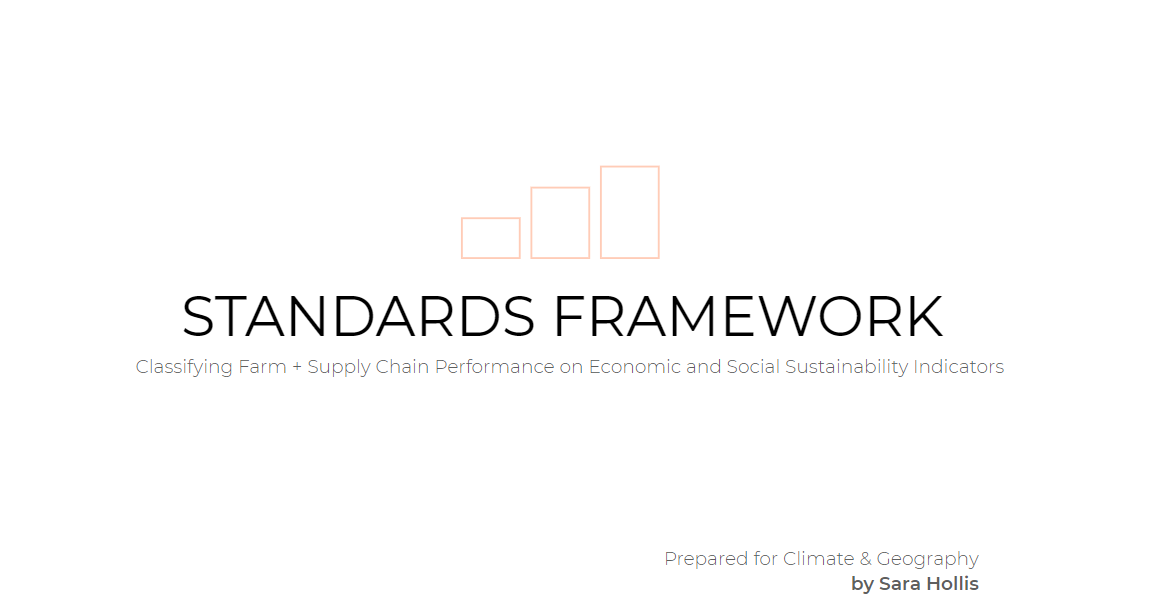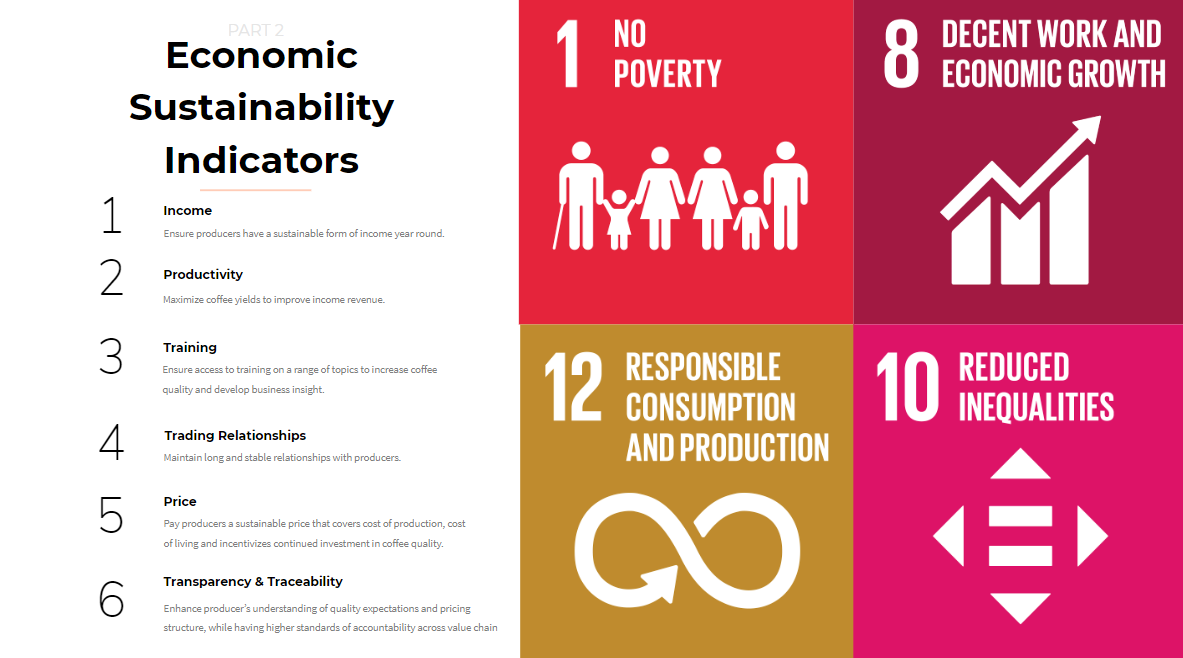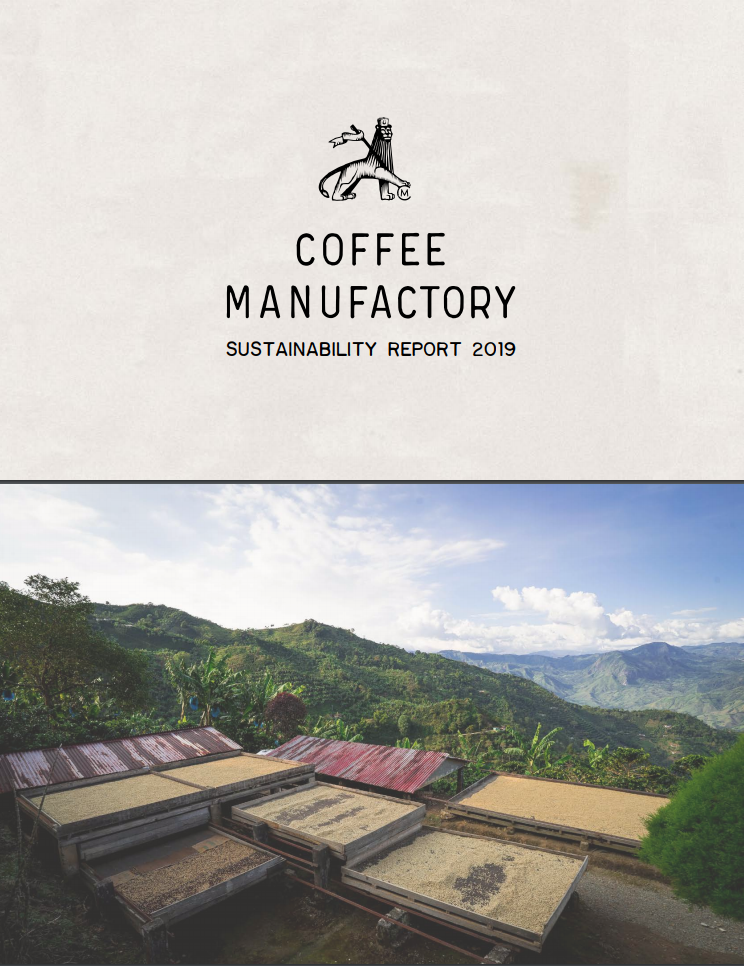Building a sustainability framework with Tartine Bakery to measure impact on farmer livelihood
We all know and love Tartine Bakery. That’s why I, along with many others, were excited to see their take on in-house coffee production via Tartine Coffee Manufactory.
Since being welcomed into the specialty coffee family after various stints at Bay Area cafés and roasteries (including CM’s North Berkeley Roastery), I was keen to apply evaluation approaches for companies and people I love and support.
CM has the goal to radically transform the coffee industry such that sustainability and equitable supply chains become the norm. For this to happen, two components are essential: collaboration and transparency.
I worked with the CM leadership throughout late 2018 / 2019 to develop a robust impact measurement framework for assessing farm- and supply-level sustainability over time. This framework encompasses thematic areas that all contribute to sustainability - indicators regarding social sustainability, economic sustainability and environmental sustainability.
As CM conducts Farm Sustainability Assessments at sentinel sites each year, 16 core metrics - and supporting material for scoring and interpretation - will ensure that the impact (as we imagine there will be) of sustainable sourcing and pricing can be demonstrated and shared with the wider coffee community.
Given that 90% of coffee production occurs in developing countries, it is the world’s 7th largest legal agricultural export by value, and it continues to provide a livelihood for 25 million small scale producers worldwide, the health and sustainability of the coffee sector has ripple effects beyond just specialty roasters and concerned consumers. It intersects with basic human rights, financial well-being and planetary health. For this reason, this sustainability framework has been tied to key UN Sustainable Development Goals.
You can find CM’s first Sustainability Report (highlighting supply chain partners in Colombia) here! Super project with a super team. <3
https://coffeemanufactory.com/blog/posts/our-sustainability-report
Resources
Key Collaborators
Coffee Manufactory: Stephanie Alacala and Jeremy Brooks
Tartine Bakery: Chris Jordan





